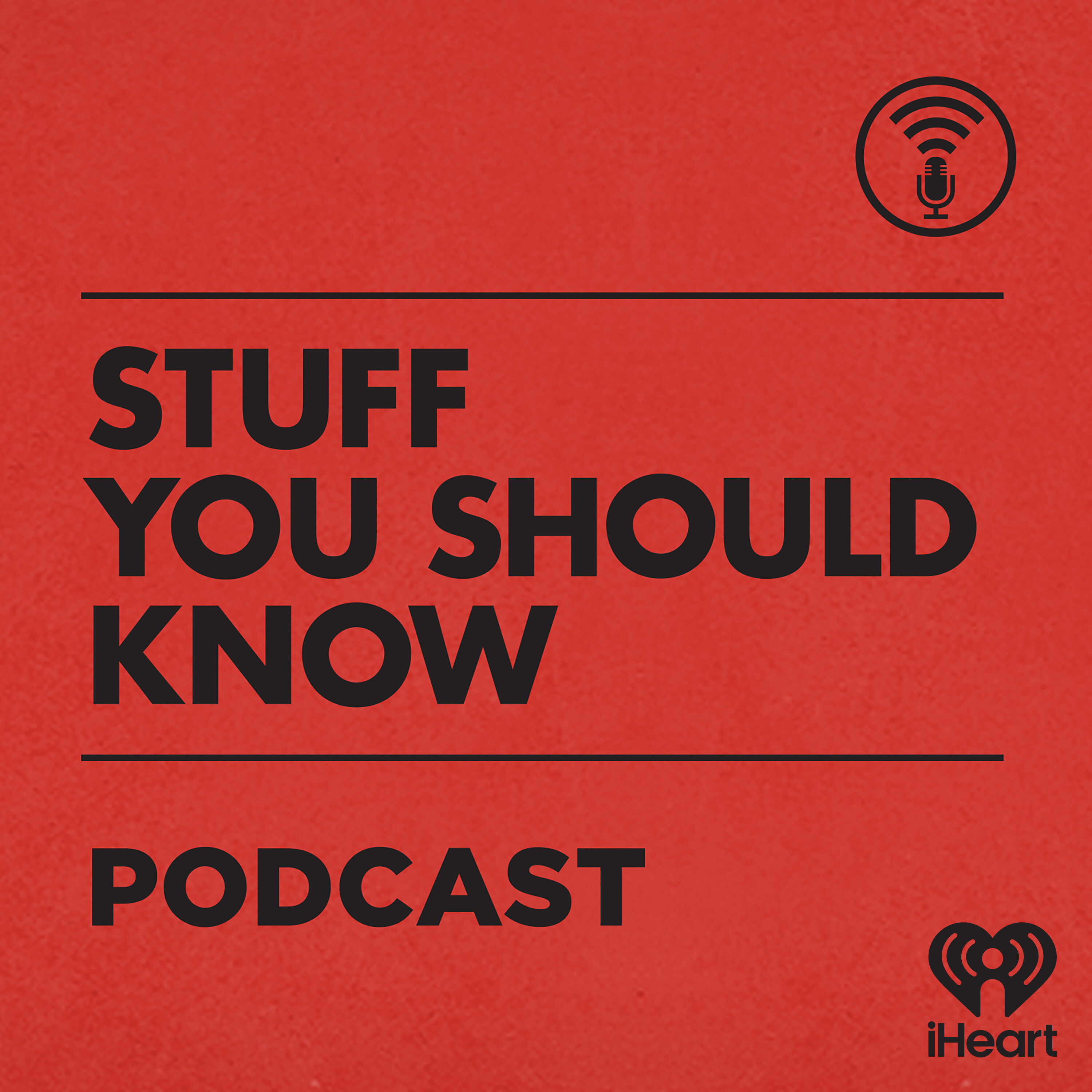Episode

Noise Pollution: Arrrgh!
Description
If you’ve ever found your blood pressure rising because some guy down the street doesn’t know how to keep the trigger on a leaf blower pulled all the way, then you’ve experienced noise pollution. Not only is it annoying, it turns out it’s deadly too! Learn more about your ad-choices at https://www.iheartpodcastnetwork.comSee omnystudio.com/listener for privacy information.
Chapters
In this episode of Stuff You Should Know, hosts Josh Clark and Charles W. Chuck Bryant discuss the brain and its capabilities, including how it regulates emotions and pain, and how it is affected by disease and injury.
00:00 - 01:42 (01:42)
Summary
In this episode of Stuff You Should Know, hosts Josh Clark and Charles W. Chuck Bryant discuss the brain and its capabilities, including how it regulates emotions and pain, and how it is affected by disease and injury.
EpisodeNoise Pollution: Arrrgh!
PodcastStuff You Should Know
The hosts discuss noise pollution and its negative impact on health, as well as how it can drive people to retire to quieter areas.
01:42 - 05:13 (03:30)
Summary
The hosts discuss noise pollution and its negative impact on health, as well as how it can drive people to retire to quieter areas. They also reference the documentary "Dear Zachary" as a particularly impactful film on the subject.
EpisodeNoise Pollution: Arrrgh!
PodcastStuff You Should Know
Understanding the scale of decibels can be tricky, as it's not a linear relationship.
05:13 - 08:43 (03:30)
Summary
Understanding the scale of decibels can be tricky, as it's not a linear relationship. A difference of just 10 decibels can mean a sound is 10 times louder or even 100 times louder.
EpisodeNoise Pollution: Arrrgh!
PodcastStuff You Should Know
Noise isn't necessarily sound, it's rather an unwanted byproduct of sound intensity and repetition over time.
08:43 - 15:20 (06:37)
Summary
Noise isn't necessarily sound, it's rather an unwanted byproduct of sound intensity and repetition over time.
EpisodeNoise Pollution: Arrrgh!
PodcastStuff You Should Know
Summary
The two main types of noise are continuous and non-continuous. Continuous noise is constant and typically seen in industrial processes from raw materials to disposal of byproducts, while non-continuous noise varies in intensity and can be caused by things like dogs barking or construction work.
EpisodeNoise Pollution: Arrrgh!
PodcastStuff You Should Know
Chronic exposure to sound can cause various health problems due to the same distress signal being sent to the brain as it does during a fight or flight response.
21:29 - 26:02 (04:33)
Summary
Chronic exposure to sound can cause various health problems due to the same distress signal being sent to the brain as it does during a fight or flight response. Those who live close to noisy environments such as an airport or a factory are at risk.
EpisodeNoise Pollution: Arrrgh!
PodcastStuff You Should Know
Chronic stress can lead to health issues such as high blood pressure, heart attack, diabetes, and obesity.
26:04 - 31:29 (05:25)
Summary
Chronic stress can lead to health issues such as high blood pressure, heart attack, diabetes, and obesity. It can also affect the lining of blood vessels, called the endothelium.
EpisodeNoise Pollution: Arrrgh!
PodcastStuff You Should Know
Studies show that noise pollution can lead to health issues, including death from heart attacks during sleep.
31:29 - 37:50 (06:21)
Summary
Studies show that noise pollution can lead to health issues, including death from heart attacks during sleep. The concept of noise pollution was established in a 1970s study of apartment high-rises situated near highways.
EpisodeNoise Pollution: Arrrgh!
PodcastStuff You Should Know
Noise pollution is not only harmful to humans but can also cause damage to wildlife ecosystems, particularly those in the sea.
37:50 - 46:10 (08:20)
Summary
Noise pollution is not only harmful to humans but can also cause damage to wildlife ecosystems, particularly those in the sea. Studies on the effects of noise on animals have been conducted since the 70s, mainly on land animals, but the damage to marine ecosystems may be even greater.
EpisodeNoise Pollution: Arrrgh!
PodcastStuff You Should Know
The podcast discusses the difference between noise complaints in municipalities, such as noisy neighbors and construction, compared to louder, more dangerous noise like rail systems.
46:11 - 50:26 (04:15)
Summary
The podcast discusses the difference between noise complaints in municipalities, such as noisy neighbors and construction, compared to louder, more dangerous noise like rail systems. It also mentions federal acts aimed at controlling noise pollution.
EpisodeNoise Pollution: Arrrgh!
PodcastStuff You Should Know
Plants can be used to reduce noise pollution by mixing shrubbery and trees together, and placing them close to the source of the noise.
50:27 - 56:10 (05:43)
Summary
Plants can be used to reduce noise pollution by mixing shrubbery and trees together, and placing them close to the source of the noise. Separating a ship's engine from its hull makes it quieter, and using a perforated pipe around a pile driver can also dissipate noise.
EpisodeNoise Pollution: Arrrgh!
PodcastStuff You Should Know
As we age, our intervertebral discs lose hydration, which results in the loss of height due to the spine's degeneration.
56:10 - 59:10 (03:00)
Summary
As we age, our intervertebral discs lose hydration, which results in the loss of height due to the spine's degeneration. The loss is due to the discs on the cervical, thoracic, and lumbar spine losing a minimum of one-sixteenth of an inch in height each, causing a loss of over an inch in height over time.